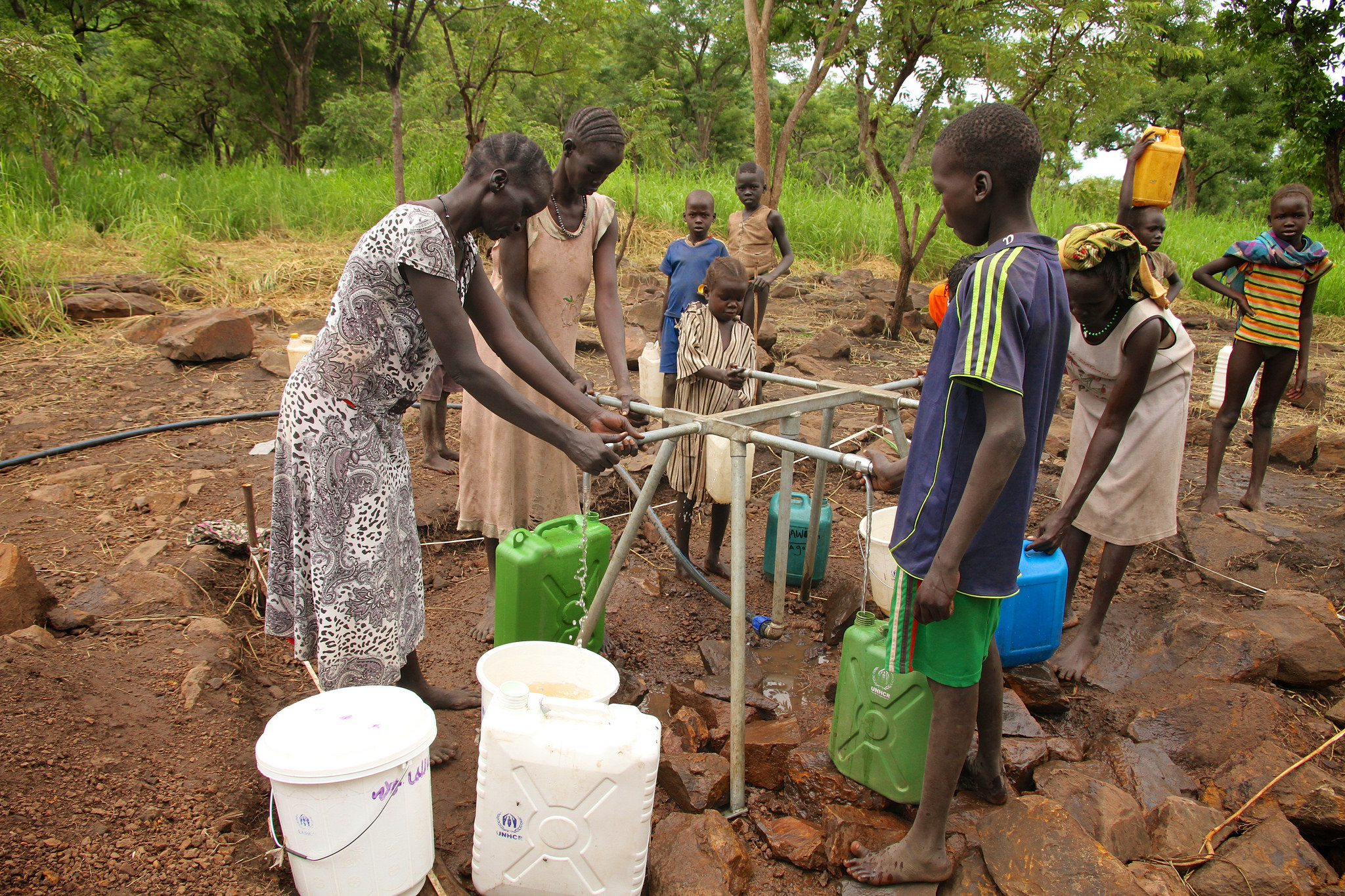
Poverty affects millions of people worldwide, especially in places like South Sudan and Syria, where most of the population is affected.
Drexel University has about 5,000 international students and faculty hailing from 117 different countries. International students make up 12 percent of the student body. Poverty is an international issue, and everyone should be aware and get involved.
Leaders of the country and citizens need to actively work together to end poverty. Creating an organized group within an impoverished community to help many instead of individuals is crucial for ending poverty. It is important to create a community which empowers the individuals to come together. Those who are affected need to identify and understand specific issues which cause poverty so they can solve their own problems and understand that fighting poverty takes time.
Outreach International member Dennis Labayen identified a nine-step process to fight poverty known as the “Participatory Human Development.” This includes people directly affected by poverty having to actively participate in efforts to end it. Outreach International encourages others to use these ideals, and many organizations follow them. They integrate their members into impoverished communities, help individuals plan solutions to priority issues, execute their plans in order for individuals to become self-reliant, and learn from their actions. This can work for many nations who suffer from poverty and has helped many people worldwide.
But wait, doesn’t the United States send aid to these countries? Aid to foreign governments does not always directly affect the people, mainly due to crumbling governments and corrupt officials. The United Nations cannot save everyone because the number of people living in poverty outweighs not only the number of people helping, but possibly even the number of people who are aware of the issue. Government aid does not make a difference — people do.
Economically speaking, South Sudan and Syria are not the poorest in the world; however, they have the largest amount of people living in poverty. Many of their citizens are displaced and the states of their governments are in chaos. They rely heavily on oil exports as a major part of their economy. These countries have the resources to survive, yet their people are in dire need. According to an article in The Washington Post, many economists noticed that lower economic growth was seen in countries who received aid from foreign countries and vice versa.
Economists have also observed that countries with more natural resources, like oil, tend to be less developed. These resources have the potential to strengthen and corrupt a government. Angus Deaton explained in his book, “The Great Escape: Health, Wealth, and the Origins of Inequality,” that this type of wealth increases the risk of civil war because of less power sharing, and more money to fight over. Deaton says, “Aid can only reach the victims of war by paying off the warlords, and sometimes extending the war.”
Deaton also argues that some aid does not affect the economy. Vaccines or medicine are better ways to help impoverished people.
South Sudan has been in several civil wars and only became a nation in 2011. South Sudan’s current leader, President Salva Kiir Mayardit, is known for sacking his fellow officials and abusing power. Before South Sudan became an independent nation, he won elections by huge margins, but it was rumored that he rigged them.
President Mayardit comes from the Dinka community, which is a major ethnic group in South Sudan. The differences between Present Mayardit, a Dinka, and his former vice president Riek Machar, a famous Nuer (opposing ethnic group), sparked conflict and perpetuated ethnic violence. Recently, another civil war broke out after the president accused the former vice president of planning a coup in 2013. Machar, who denies Mayardit’s allegations, accuses Mayardit of escalating conflict to cover his own failures in government.
Mayardit is the prime example of a corrupt official who values keeping his position of power over the betterment of his nation. He used his power to perpetuate an ethnic conflict instead of bringing his people together. Because of this, the country is in turmoil and issues like ethnic violence, poverty and exclusion, low literacy levels, gender inequality, limited access to basic services and weak institutions plague the country. If their own government cannot help them, it is up to the people of South Sudan to learn to fend for themselves.
The Drexel University College of Medicine sends students abroad for international rotations. The Office of Global Health Education promotes the globalization of healthcare, healthcare in low resource settings, and human rights in global health. During the ninth Annual Student Conference on Global Challenges, as part of the global health panel third-year medical student Laura Roper talked about training first responders in Uganda. Roper had been in Kiburara, Uganda in 2010, during the first-responder pilot project. Because Uganda did not have an organized system for pre-hospital care, the goal was to help the community take charge. After training one person, they could continue to pass on their skills and knowledge. The program resulted in one local learning the equivalent of U.S. first-responder training altered to fit the needs of those in Kiburara.
Drexel University is dedicated to helping others and promoting civil service. Millions of people dedicate their lives to the Red Cross, World Food Programme, UNICEF and other non-profit organizations.


